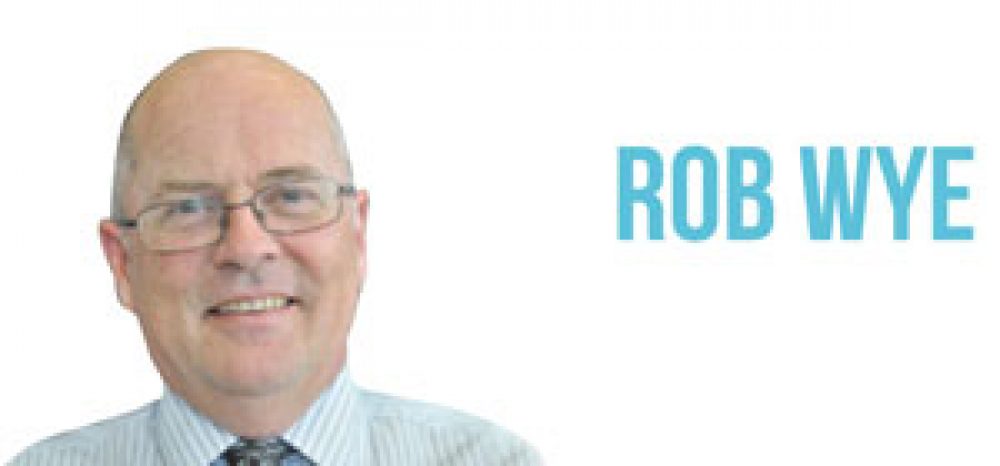The government gave college leaders greater scope to shape provision and the future of their institutions with its New Challenges, New Chances policy document. But those increased flexibilities have brought with them added responsibilities and that means governance has to be the best it possibly can be, says Rob Wye
For me, there are two major challenges facing leadership and governance in the sector at the moment.
One is the environment leaders are faced with — the changing landscape around the FE offer, the government’s expectations of FE and the huge pressures on funding.
New Challenges, New Chances is one policy — but that policy has brought about change within the sector.
It has devolved responsibility to make sense of all that and to come up with an offer within these tightened constraints.
In one sense, this is liberating and FE needs to rise to the challenge.
The problem we’ve got is that after many years of top–down direction for what colleges should do and how, a lot of the skills around curriculum development and dealing with these sorts of freedoms haven’t been developed in the people who are coming into leadership, so there’s work to be done in terms of developing those skills in people.
This brings us to the second challenge — we have an ageing population among the leaders of the college sector with a lot of principals retiring, so have we got the talent coming through to fill their shoes?
Colleges can learn a lot from each other and need to be open to the idea of improvement.
Interestingly, last year when we offered free, personal consultancy support to a wide range of principals, it was surprising how many said either ‘I don’t need any support because I’m fine as I am,’ or ‘I don’t need any support because I’m retiring soon’.
It was surprising how many principals said either ‘I don’t need any support because I’m fine as I am,’ or ‘because I’m retiring soon’”
We need to get principals out of the mindset that they don’t need any further development and support, because everybody does, right the way through their careers.
Colleges and leaders have to be open to the fact that the world is changing — that there are these challenges around, if not for themselves, for their teams and for the future.
Everybody needs to be investing in bringing leadership through both now and for the future.
At the moment the Learning and Skills Improvement Service (LSIS) provides support for new, aspiring and current leaders, as well as a range of development and support services for governing bodies.
With LSIS funding ceasing in July and the FE Guild’s remit still uncertain, there is a danger of a hiatus between LSIS services finishing and guild services beginning.
Everyone we talk to, from providers to Ofsted and the Department for Business, Innovation and Skills, says there needs to be support arrangements in place for people when they’re first thinking about becoming leaders and as they move up the ladder.
Ultimately, leadership and governance are vital to the success of FE.
They’re not the only factors, but great teaching and learning will happen in institutions where the leadership of teaching and learning is excellent. It’s about getting that up the agenda.
One way or another, the support for leaders, managers and governors, as has been offered by LSIS, has got to carry on.
Rob Wye, chief executive of the Learning and Skills Improvement Service




Your thoughts